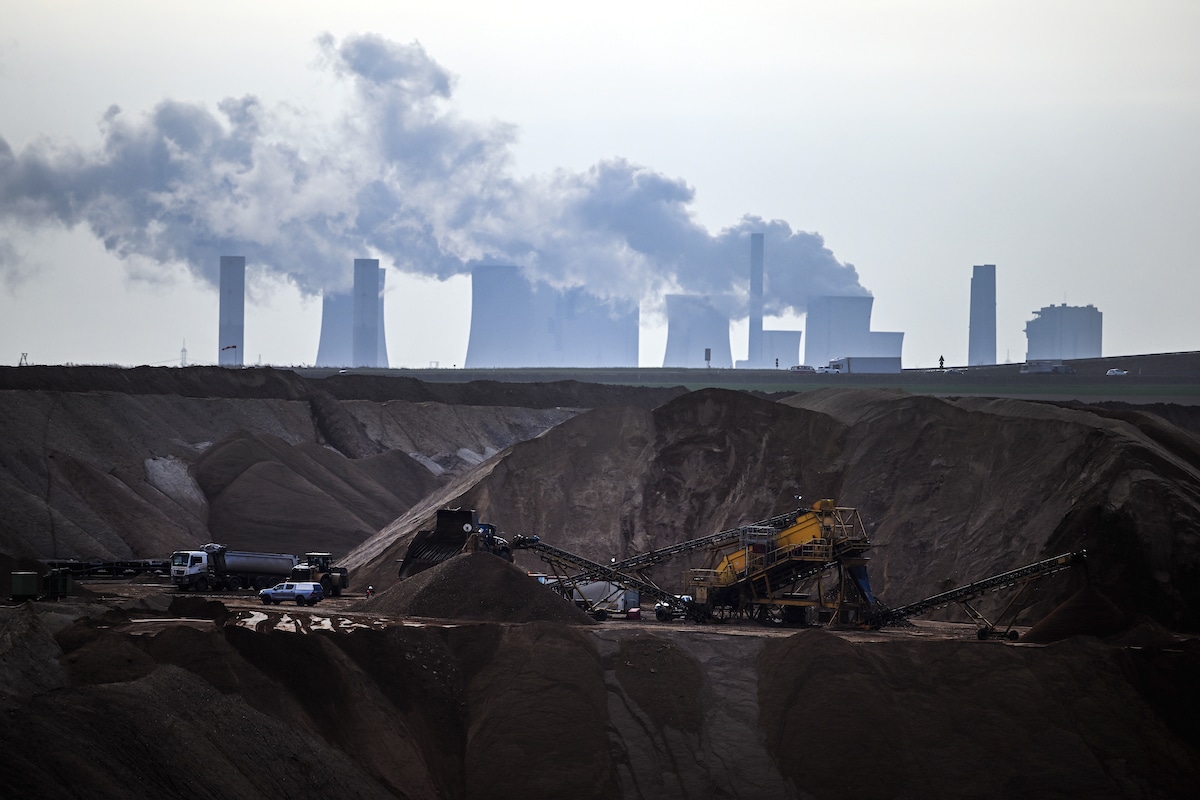New Database Tracks Fossil Fuels Globally

 Why you can trust us
Why you can trust us
Founded in 2005 as an Ohio-based environmental newspaper, EcoWatch is a digital platform dedicated to publishing quality, science-based content on environmental issues, causes, and solutions.
A new public database called the Global Registry of Fossil Fuels now tracks fossil fuels, including their emissions as well as production and reserves, around the world. The first database of its kind, it is designed to provide more insight into current fossil fuel projects and the remaining carbon budget. It was launched this week to align with United Nations General Assembly climate talks happening in New York City.
The open-source database, created by the nonprofit Carbon Tracker and the organization Global Energy Monitor, tracks more than 50,000 oil, gas and coal fields across 89 countries, or about 75% of fossil fuel emissions, production and reserves in the world, as AP News reported.
While similar databases have existed previously, they were private and only available via purchase. International Energy Agency maintains a free public database on fossil fuels, but it doesn’t include underground reserves.
The database is meant to better inform governments, companies, shareholders and other decision-makers about fossil fuel impacts, including potential impacts for fossil fuels that are still in the ground. It is also meant to bridge the data gaps, where much of the fossil fuel data are held privately and there’s a general lack in information about potential impacts from reserves.
“Civil society groups have got to get more of a focus on what governments are planning to do in terms of license issuance, both for coal and oil and gas, and actually begin to challenge this permitting process,” Mark Campanale, founder of Carbon Tracker, told AP News.
The database creators conducted analyses on global fossil fuels and the existing carbon budget, which is the amount of emissions available to keep warming within the 1.5°C target. They found that in the U.S. and Russia alone, there are enough fossil fuel reserves to use up the entire global carbon budget.
“We already have enough extractable fossil fuels to cook the planet. We can’t afford to use them all — or almost any of them at this point,” Rob Jackson, a climate scientist at Stanford University who was not involved with the database, told AP News. “I like the emphasis on transparency in fossil fuel production and reserves, down to specific projects. That’s a unique aspect to the work.”
While a 2021 report from the International Energy Agency noted that no further fossil fuel projects should be developed for the world to stay within the 1.5°C target, a Global Registry of Fossil Fuels analysis found over 20 companies have projects in the works that add up to over 1 billion tons of embedded carbon dioxide equivalent.
Insights like these could help influence better decision-making around fossil fuels moving forward. Campanale explained that the goal is for investors to use the data to persuade companies to move in a different direction.
Subscribe to get exclusive updates in our daily newsletter!
By signing up, you agree to the Terms of Use and Privacy Policy & to receive electronic communications from EcoWatch Media Group, which may include marketing promotions, advertisements and sponsored content.

 233k
233k  41k
41k  Subscribe
Subscribe 




